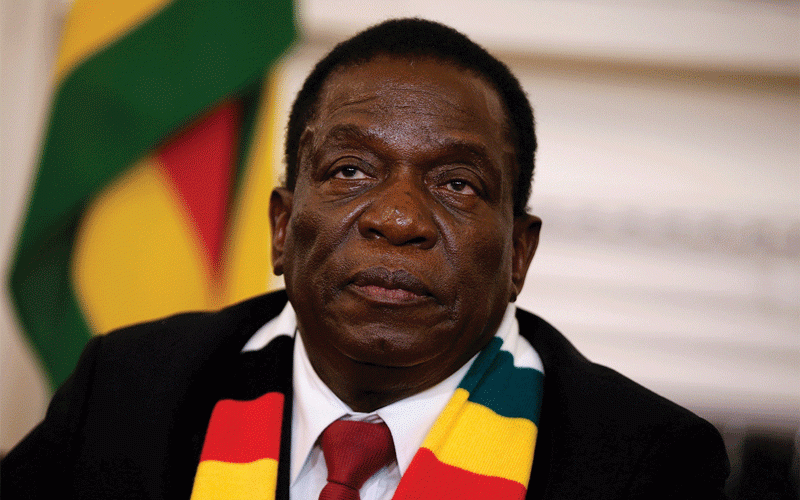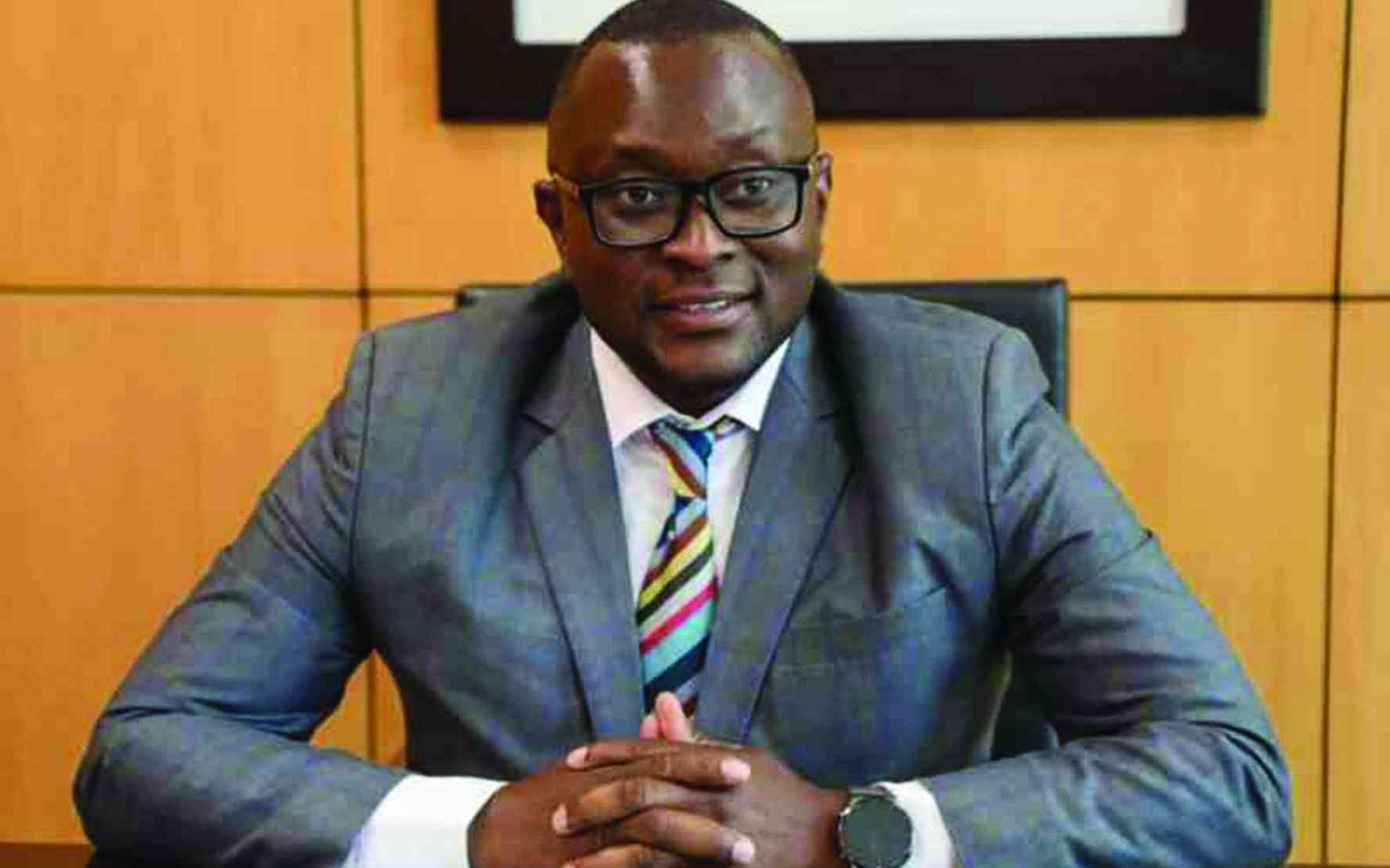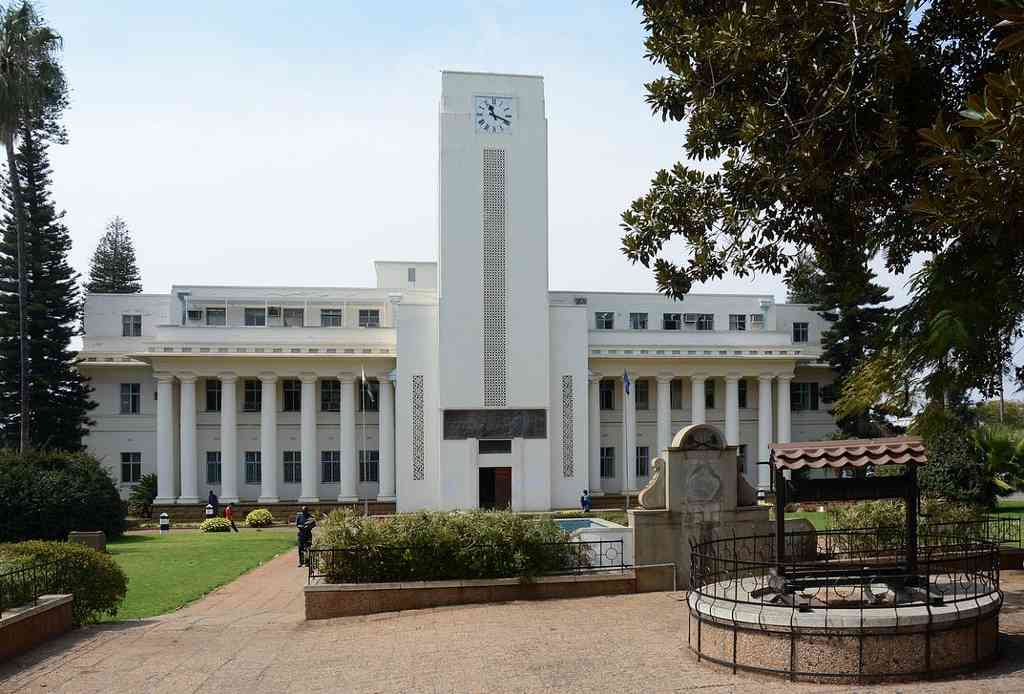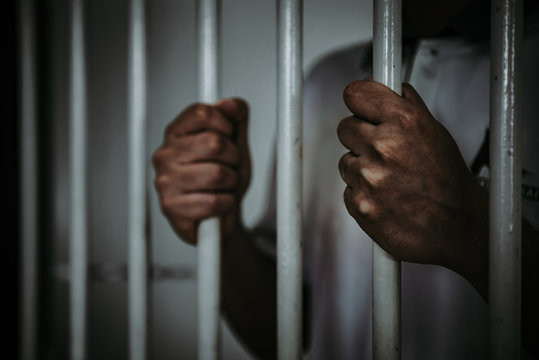
TRADITIONAL leaders tasked to conduct Gukurahundi public hearings should acknowledge the killings as genocide before conducting engagements in the affected areas, stakeholders have said.
The stakeholders told Southern Eye in interviews ahead of the hearings that are expected to start on June 26 this year.
President Emmerson Mnangagwa appointed traditional leaders to lead the public hearings to address the emotive issue, which remains a dark chapter in the country’s history.
The long-awaited hearings on the killings by the disbanded 5 Brigade come amid concerns that the process has left out affected areas in the Midlands province.
Matabeleland-based political outfit Freedom Alliance national spokesperson Prince Ncube said the party supported urgent resolution to Gukurahundi.
He, however, indicated that it is prudent for the government to publicly acknowledge that the killings are genocide to show its sincerity in resolving the issue.
“We reiterate our principled position that the government of Zimbabwe has an important role to play towards resolving this issue. Similarly, we believe that our chiefs are essential stakeholders, but not the only ones who should participate in resolving this national calamity,” Ncube said.
“As the community engagement process is rolled out to our rural communities, we wish to repeat our position that Gukurahundi is genocide and government and chiefs should publicly acknowledge that fact.”
- Ziyambi’s Gukurahundi remarks revealing
- Giles Mutsekwa was a tough campaigner
- New law answers exhumations and reburials question in Zim
- Abducted tourists remembered
Keep Reading
He argued that the process was top-down and biased against victims, adding that government should create an enabling and peaceful environment free from intimidation and violence.
“An enabling environment should allow victims to openly speak out, mourn their dead, mark mass graves and hold memorial services. As long as Ibhetshu LikaZulu-erected plaques are vandalised, then the environment is not yet conducive for any serious resolution of Gukurahundi,” Ncube said.
“Any genuine peace-building process should be transparent and allow free media access for full coverage so that, as a nation, we can say never again. Addressing Gukurahundi should not be selective and exclude other affected areas like urban areas and the Midlands province.”
Meanwhile, the Mthwakazi Republic Party challenged government to allow ordinary people, including victims, to record discussions during the hearings.
The Mqondisi Moyo-led party said government should protect victims and survivors of Gukurahundi when they give testimonies during public hearings.
Moyo said stopping attendees from recording proceedings created an atmosphere of fear, adding that this contravened the Constitution.
“The restrictions imposed by the chiefs constitute a clear infringement of these fundamental rights, undermining the rule of law and the principles of justice,” Moyo said.
“In this context, it is pertinent to emphasise that the protection of constitutional rights is essential to ensuring the integrity of any process purporting to address historical injustices or promote reconciliation.
“The blatant disregard for these rights demonstrated by the chiefs' actions raises serious concerns about the legitimacy and fairness of the proceedings.”
He said the hearings would be in contravention of the United Nations Convention on the Prevention and Punishment of the Crimes of Genocide, which emphasises the importance of protecting the rights of victims and holding perpetrators accountable.
“The current chiefs' court settings are a far cry of this standard; instead, it serves as a mechanism to further traumatise and silence victims,” he said.
“By restricting victims' ability to express themselves freely, these hearings are doomed to fail in their purported objective of promoting healing and reconciliation.”









